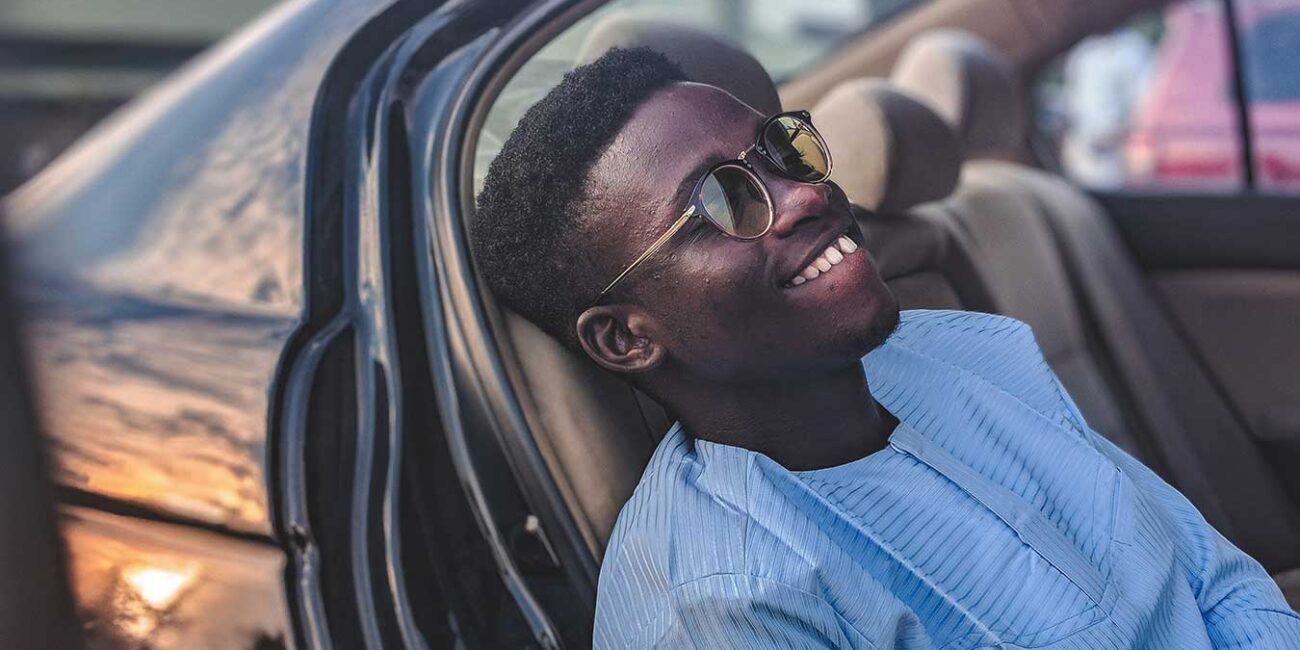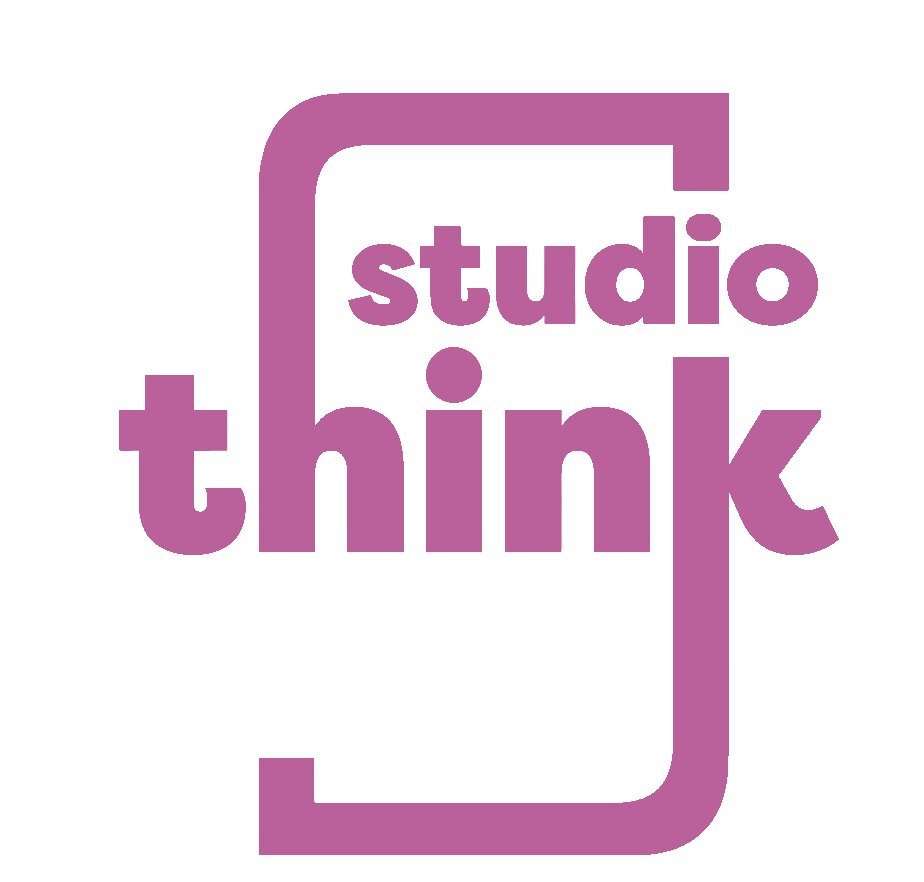Our capacity for learning is huge. We’re taught maths, sciences, languages. Some of us pick up an instrument or a visual art, or a sport. We’re taught to find our talents and hone our skills into a specialism, whether that’s through an apprenticeship or a college or university degree.
And when we think about our learning journey over the years, our thoughts often centre around the things we’ve learned externally.
The message seems to be; find a specialism, get to know it inside and out and… off you go!
And yes, those skills serve us well as we seek gainful employment.
But what about an education in our most valuable asset? What about getting to know ourselves inside and out?
We here at Studio Think liken personal development to finding your very own user manual. One that’s completely unique to you and explains exactly how and why you work the way you do.
It details your talents and your passions. And it’s also honest about your challenges. What’s more – it shows you how to get the best from you – in any given situation.
So how does it work? Well, part one is like a numbered diagram listing all of your working parts. Let’s call part one self-awareness.
Self-awareness lets you understand the nuts and bolts of your own thoughts and feelings. Imagine knowing your deepest, darkest inner workings. Imagine knowing exactly how you tick.
That’s exactly what self-awareness can do for you.
With improved self-awareness, you know, for example, whether a thought is helpful or not. And you know when your inner critic is barging into situations and trying to talk you down from opportunities because of fear.
You also know what your comfort zone looks and feels like, and you’re well-schooled in your mind’s preference to keep your life firmly within it. You’re also better able to evaluate risks and opportunities, rather than immediately stepping away from them for fear of failure.
With improved self-awareness, you also get to know your go-to reactions and behaviours. Whether it’s snoozing the 6am alarm intended to get you up for that gym workout you’ve been meaning to do all week or jumping to conclusions when your friend doesn’t answer your call, you know – intimately – the habits and behaviours you seem to default to. And you know what to do to override them.
Knowledge is power. It’s empowering to know the workings of your mind because it allows you to make different choices.
Which brings us to Part 2 of your user manual; we’ll call part 2 ‘empowered choices’. But you could also call it ‘voluntary system override’. And this is the part of the manual that allows you to get the best out of yourself in any given situation.
An empowered choice might be working to override limiting beliefs you have around money, and in turn, increasing your earnings and improving your financial wellbeing.
An empowered choice might be realising you’re in a situation which is testing your resiliency, and putting boundaries in place which prioritise self-care and allow you to conserve your energy.
Or an empowered choice might be choosing to accept something which is beyond your control, and in doing so, saving yourself the stress and frustration that so often accompanies resistance and denial.
When you know how you think, you also know how to – quite literally – out-think yourself.
And these lessons in yourself will serve every part of your life. Whether it’s amplifying talents, passions and positive flow states and building on your dreams or helping you to process grief and weather one of life’s many storms, understanding your thoughts and emotions will support you to live a fulfilled and harmonious life.
Personal development goes beyond just mental health. It goes beyond setting and achieving goals. It goes beyond just increasing resiliency. It’s about setting you up for every part of your physical, mental, emotional, social and spiritual wellbeing.
The most important relationship you’ll have is with yourself. How about an education in you?




